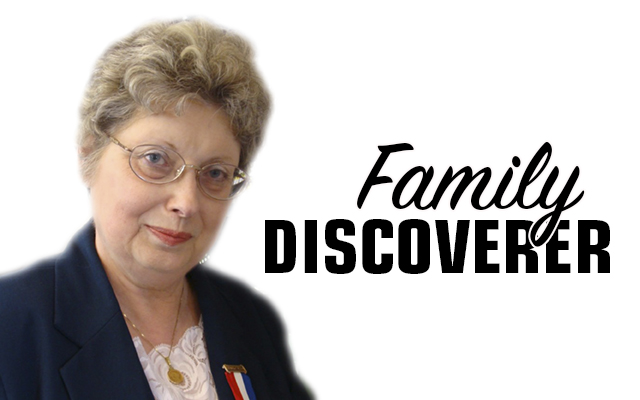On July 4, 2026, the U.S. will celebrate the 250th anniversary of the Declaration of Independence. Many organizations are planning contributions to this auspicious occasion, including our National Archives in Washington, D.C.
In 2023 the National Archives announced they were seeking volunteers to transcribe over 2.5 million pages of Revolutionary War pension files. As of this date, more than 83,000 pages have been transcribed either fully or partially. The Archives is now beginning to tag these pages, making them more accessible to genealogists and historians.
It’s important to recognize that not every veteran of the Revolution applied for a pension. In order to qualify for a pension for Revolutionary War service, veterans had to prove they’d served for a minimum of six months. This often shut out members of local militias, who rendered service as needed, or men who volunteered for a specific battle in their area.
Congress didn’t begin to authorize pensions until 1818. Many veterans had died by that time or had long since lost any discharge or supporting documents for their service. Barring their original documents, they often had to seek supporting documentation from their former officers or others who served with them, if these men could still be located. All these documents are part of the original pension applications.
These pensions were intended to provide for indigent veterans who needed assistance for themselves and their families. A veteran who was able to support himself and his family would not have been eligible to receive a pension, which means the pension list is a great resource but not wholly inclusive. But for those who did qualify, the records are priceless.
To prove that a veteran was disabled or indigent, these applications list everything of value belonging to an applicant, as well as listing dependents. Once widows could apply for a pension, proof of marriage had to be submitted. If a widow didn’t have her original marriage certificate, she could provide a letter from the minister who performed the ceremony or those present at the time or people who knew the couple were married.
For genealogists and family historians, all this information is a gold mine. It’s also the diamond standard for anyone applying for a lineage society such as the Sons or Daughters of the American Revolution.
The Archives is still seeking volunteers to help with the transcription or tagging project. Transcribing these early documents can be challenging due to the passage of time, the various levels of education of the applicants, spelling variations where there were really no rules, abbreviations used, and even the penmanship, not to mention local phrases. The hardy genealogists who are helping to bring these documents online for researchers deserve our thanks.
The tagging project will allow volunteers to tag applications to identify names mentioned, areas of interest, such as prisoner of war, and even National Park Service sites associated with the application, such as Valley Forge. You can learn more about volunteering at www.archives.gov/citizen-archivists.
Columnist Nancy Battick of Dover-Foxcroft has researched genealogy for over 30 years. She is past president of the Maine Genealogical Society, author of several genealogical articles and co-transcribed the Vital Records of Dover-Foxcroft. Nancy holds an MA in History from UM and lives in DF with her husband, Jack, another avid genealogist. Reader emails are welcome at nbattick@roadrunner.com.








